Best Books to Read in 2023
Best Books to Read in 2023 Are you a bookworm or a bibliophile, if yes, then this is the ...
SRM University AP turned the centre of attraction when AICTE chairman Professor Anil Sahasrabudhe delivered the university distinguished lecture.
All India Council for Technical Education (AICTE) chairman Dr. Anil Sahasrabudhe elucidated the changing scenarios of the education sector in post COVID era during the lecture organised by SRM University AP.
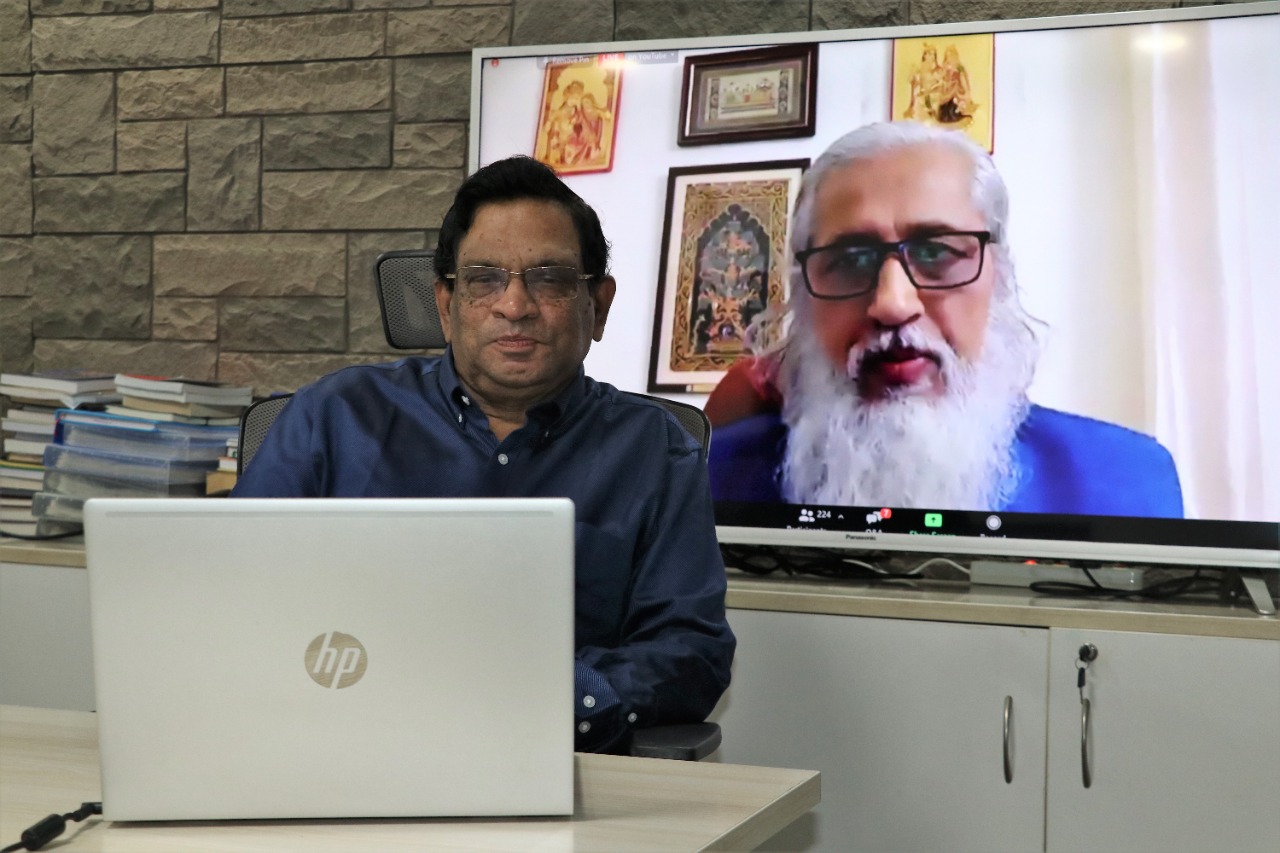 Professor D. Narayana Rao, pro vice chancellor of SRM University AP set the context of the event in his welcome address by emphasising on how the unprecedented COVID-19 crisis has resulted in the temporary closure of about 1000 universities and about 40,000 colleges in the country severely disrupting the teaching and learning process and research activities.
Professor D. Narayana Rao, pro vice chancellor of SRM University AP set the context of the event in his welcome address by emphasising on how the unprecedented COVID-19 crisis has resulted in the temporary closure of about 1000 universities and about 40,000 colleges in the country severely disrupting the teaching and learning process and research activities.
The transition to ‘Learn From Anywhere (LFA)’ happened overnight and people had to get used to it, said pro vice chancellor of SRM University AP.
National Education Policy (NEP) 2020 recognises the importance of leveraging the advantages of technology while acknowledging its potential risks and dangers, he said.
‘Online education calls for carefully designing and appropriately scaled studies to determine how the benefits of online/digital education can be reaped while addressing or mitigating the downsides.’
There is a need to establish a digital and online wing in the Departments of Education in different states of the country, said SRM University AP pro vice chancellor.
Professor Anil Sahasrabudhe delivering the lecture delineated that the use of technology in the education environment has been initiated in the Pre-COVID days.
Platforms such as Swayam, National Programme on Technology Enhanced Learning (NPTEL) came into existence to digitally bring quality education to everyone, said AICTE chairman while delivering the lecture at SRM University AP.
Digital education carries a boon that no one can ignore, that is, making physical distance irrelevant in education, said Professor Anil.
Speaking further during the lecture at SRM University AP AICTE chairman said digital education has the ability to reach students anywhere and everywhere provided they are equipped with gadgets and internet connectivity.
Thus, the Government of India has undertaken a nationwide project under, Bharat Net, Unnat Bharat Abhiyan to connect every corner of India through the internet, he said.
However, not all subjects can be taught online, said AICTE chairman.
Teaching of laboratory based practical courses that will have the need to attend physical classes, he said at the lecture at SRM University AP.
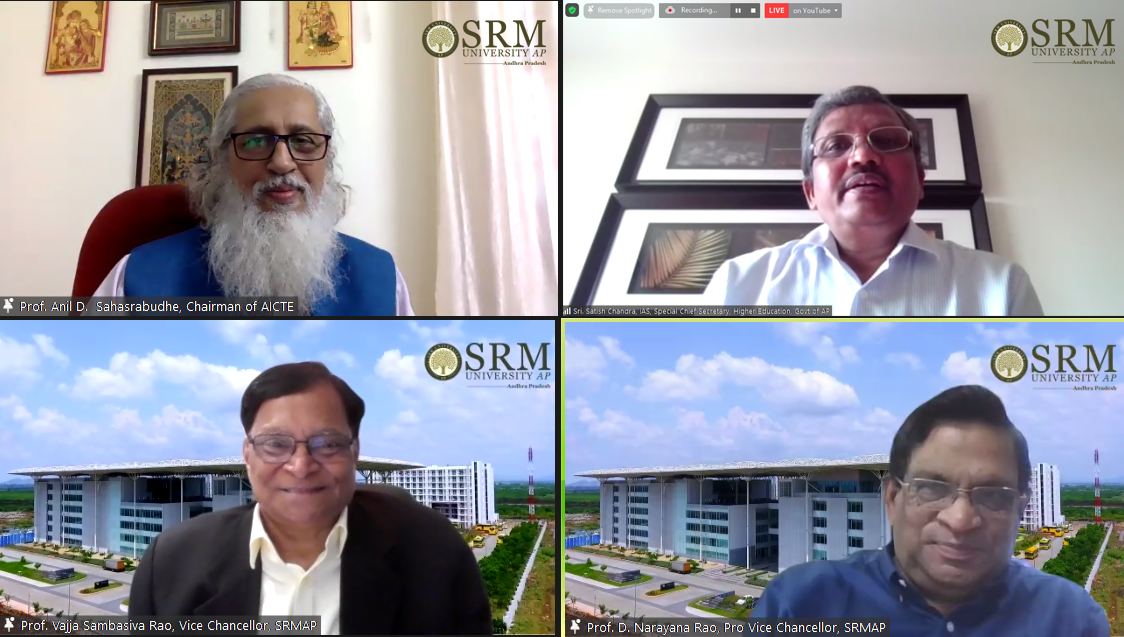 Music, drama, sports, other performing and fine arts, which are an essential part of a pedagogical system, cannot be studied online, he said.
Music, drama, sports, other performing and fine arts, which are an essential part of a pedagogical system, cannot be studied online, he said.
Moreover, a digital class can never replace the bonding humans tend to develop while working in close proximity, said Professor Anil Sahasrabudhe.
However, it cannot be debated that the education system as we know it has changed.
He also said the future of education comes with a blended environment.
fortunately, National Education Policy-2020 envisioned the change long ago and introduced a relevant policy to ensure the educational growth of the country, said during the lecture at SRM University AP.
Multidisciplinary Education and Research Universities (MERU), Academic Bank of Credits, National Academic Depository are some of the revolutionary changes that are going to benefit the next generations in the post COVID days.
The government has already established National Research Foundations to support mega research projects, which may need several crores of rupees.
Read More – Easiest exams in India
Professor Anil Sahasrabudhe emphasised that studying in one’s native language is an essential requirement that NEP looks into.
Professor Sahasrabudhe asserted that proper administration, governance and autonomy are some of the deciding factors for the education sector in the coming days.
While concluding his speech, he further elucidated AICTE’s initiatives towards the advancement of the education sector-Curriculum Revisions, Project-Based Experiential Learning, Faculty Training, Industry Internships, Students Internship Programmes are soon to be inseparable aspects of the changing education sector.
Satish Chandra, Special Chief Secretary of Higher Education with Government of Andhra Pradesh highlighted the challenges associated with online education in Andhra Pradesh.
Speaking further at the lecture at SRM University AP he said 3000 colleges and 17 universities with 12 lakhs students in higher education sector have got affected because of the pandemic.
However, the future of education brings a blended environment with both online and offline teaching-learning options.
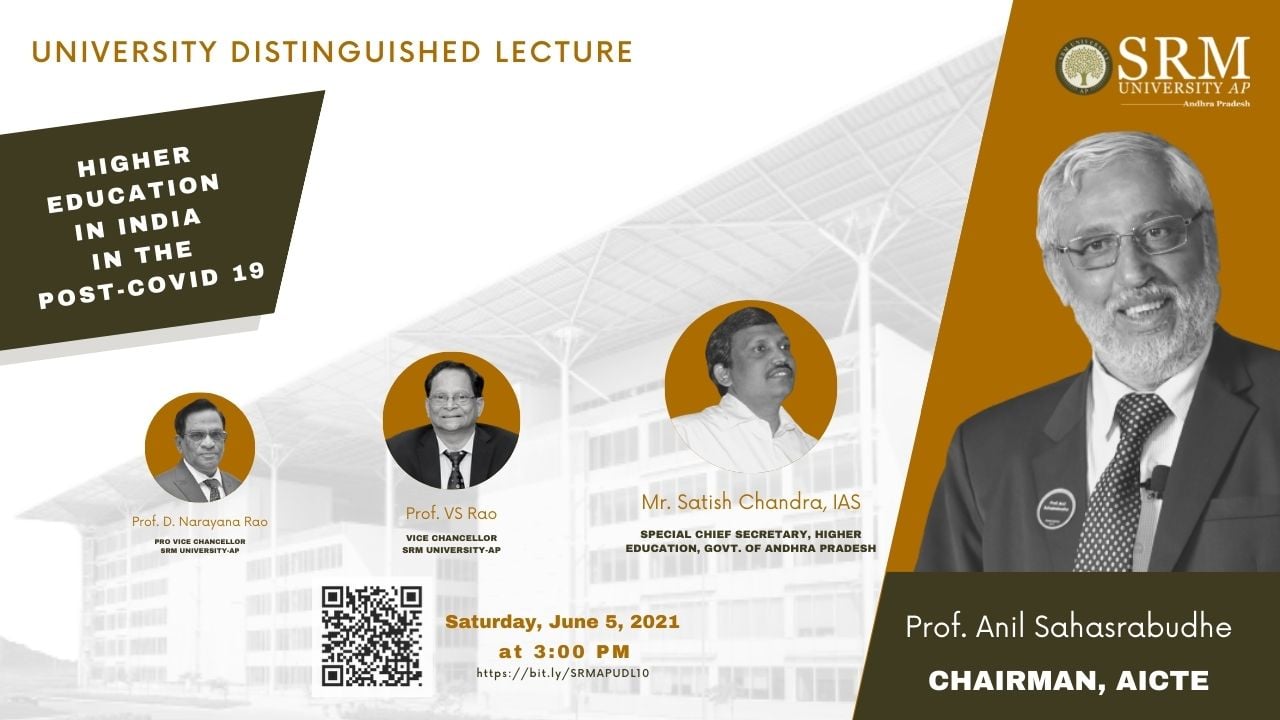 He opined that LMS, Online Platforms, gadgets such as desktops, laptops or tablets are going to be a part of the new normal of the education sector.
He opined that LMS, Online Platforms, gadgets such as desktops, laptops or tablets are going to be a part of the new normal of the education sector.
The Government of Andhra Pradesh strives to help economically backward students by providing the gadgets at an affordable cost under various scholarship schemes, he said during the lecture at SRM University AP.
Agriculture sustainability
Department of Economics at SRM University AP turned cynosure of all eyes when it organised international conclave on ‘Transition towards sustainability of Agriculture: Role of Technology in Agriculture Supply Chain’
Various events were conducted as a part of the two day event at SRM University AP.
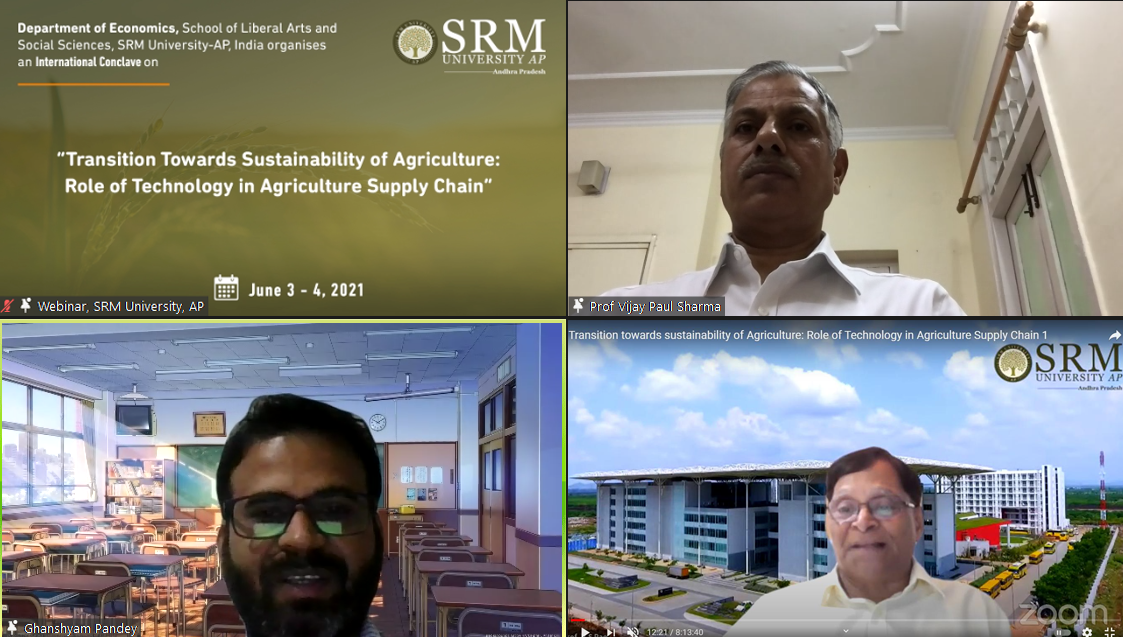 Professor Vijay Paul Sharma, chairman of Commission for Agriculture Costs and Price (CACP) of Ministry of Agriculture and Farmer Welfare of Government of India.
Professor Vijay Paul Sharma, chairman of Commission for Agriculture Costs and Price (CACP) of Ministry of Agriculture and Farmer Welfare of Government of India.
Top agriculture economists from reputed institutions located across India and abroad took part in the event.
Dr. Ghanshyam Pandey, assistant professor and head of Department of Economics at SRM University AP welcomed the gathering.
Delivering the opening remarks Vice Chancellor of SRM University AP Professor V.S. Rao said agriculture and food sector are facing multiple challenges.
With the global population projected to grow from 7.6 billion in 2018 to over 9.6 billion in 2050, there will be a significant increase in the demand for food, he said speaking at the international conclave organised by SRM University AP.
At the same time, the availability of natural resources such as fresh water and productive arable land is becoming increasingly constrained, he said.
Production is not the only concern; although agricultural output is currently enough to feed the world, 821 million people still suffer from hunger.
Processes such as the rapid rate of urbanization also have important implications for food production patterns and consumption patterns.
This will require an urgent transformation of the current agri-food system. Digital innovations and technologies may be part of the solution.
In the agriculture and food sector, the spread of mobile technologies, remote-sensing services, and distributed computing are already improving smallholders’ access to information, inputs, market, finance and training, he said at the conclave at SRM University AP.
Digital technologies are creating new opportunities to integrate smallholders into a digitally-driven agri-food system, said Professor Rao.
Delivering the keynote speech Professor Vijay Paul Sharma explained about all aspects of the agriculture sector to achieve sustainable growth.
He started with agriculture production shifted from supply-driven to demand-driven, filling the yield gap between the states and moved on to the right kind of government intervention to improve the farmers’ welfare, shortage of labourer and mechanization, technology, credit infrastructure, public investment and climate change and variability.
Professor R.S. Desh Pande, a renowned economist speaking at the conclave at SRM University AP, pointed out that we are at a stagnant point in agriculture, and the sustainability of agriculture would be very challenging.
He mentioned that commercialization (cropping method) and greed are the two major enemies of sustainability.
He mentioned that largely we are getting the technology which is cost increasing techniques rather than cost-saving which ultimately leads to the decline of the net income of the farmers from the last two decades.
Professor P.S. Birthal, National Professor, ICAR-NIAP, PUSA Delhi illuminated the audience with his strategic discussion on agricultural technologies and supply chains for sustainable agricultural development.
He discussed that in all revolutions in agriculture and allied activities in India, a common element had been the technology, although it was driven by different agents.
He mentioned that technology is a key source for agricultural growth.
Investment in research and development has increased but much less than the several developing and developed countries globally.
He also mentioned that growth in agricultural markets had not kept pace with growth in agricultural production.
Markets are inefficient because of poor infrastructure and communication networks that result in the higher cost of trade to sellers and buyers, along with asymmetric information between them.
He has given some suggestions for farmers to benefit from, i.e., doorstep offtake of the produce, access to improve technology, quality inputs, access to credit insurance against market price, and diversification from water-guzzling crops like rice.
Professor Prem Vashishta from Sharada University highlighted the research innovation done by IFCO for liquid area.
A bottle of 5 ml urea is equally effective to one bag of urea, which is economical and reduces the burden of subsidy from the government.
He mentioned this kind of revolution we required in all the areas for sustainable agriculture reducing subsidies.
He also gave stress on linkages between institutions with the market are very important, he said at the conclave at SRM University AP.
While talking on the role of technologies for sustainable agriculture, Dr Anjani Kumar, a senior fellow from International Food Policy Research Institute, South Asian Office, Delhi, mentioned how research is essential.
Dr. Kumar indicated that marginal returns to agricultural R&D expenditure are low for high-income states while more for low-income states.
His research shows that Research and Development significantly impacts reducing poverty and inequality.
He also mentioned that the seed replacement rate is frequently high in developed states while very low in underdeveloped states.
Dr. Anjani Kumar, senior fellow from South Asian Office of International Food Policy Research Institute spoke on the importance of research at the conclave at SRM University AP.
Dr Kumar indicated that marginal returns to agricultural research and development expenditure are low for high-income states while more for low-income states.
His research shows that R and D significantly impacts reducing poverty and inequality.
He also mentioned that the seed replacement rate is frequently high in developed states while very low in underdeveloped states.
Dr. Ananda Rao Suvvari, Assistant Professor, Department of Economics, SRM University AP proposed vote of thanks.
S Vishnu Sharmaa now works with collegechalo.com in the news team. His work involves writing articles related to the education... (Full bio)
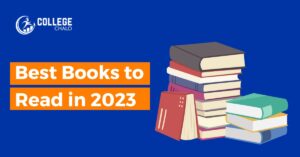
Best Books to Read in 2023 Are you a bookworm or a bibliophile, if yes, then this is the ...

In the exhilarating journey of 10 Proven Memorize Techniques for Students learning, memory is your trusty companion. Whether ...

Top 20 toughest exams in world is about exams in the world that required very hard work to ...
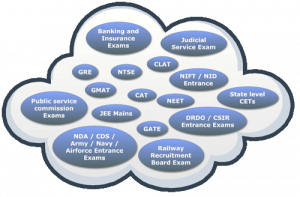
Top 20 toughest exams in India - Exams are the perhaps most toughest moments for any student. A ...
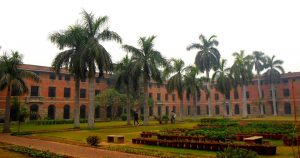
Top 20 Colleges of DU Getting admissions to the top 20 colleges of DU is a dream for every ...

Top 20 NITs of India - Amongst the 31 NITs in India, today, we are talking ...
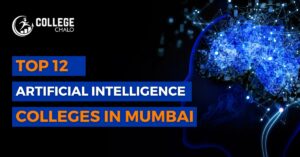
Here are the Top 12 Artificial Intelligence in Mumbai. Artificial intelligence (AI) refers to the simulation of human ...
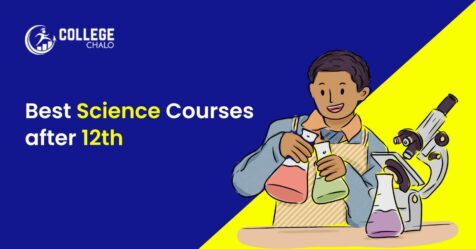
As you stand on the Best Science Courses after 12th academic journey, the realm of science beckons, offering ...
Millions of students have entrusted CollegeChalo to facilitate their seamless and smooth admission process to their dream colleges and universities. With CollegeChalo, you can gain a competitive edge by easily accessing exam and course details to stay ahead of the admission journey. What are you waiting for?
Search your dream college